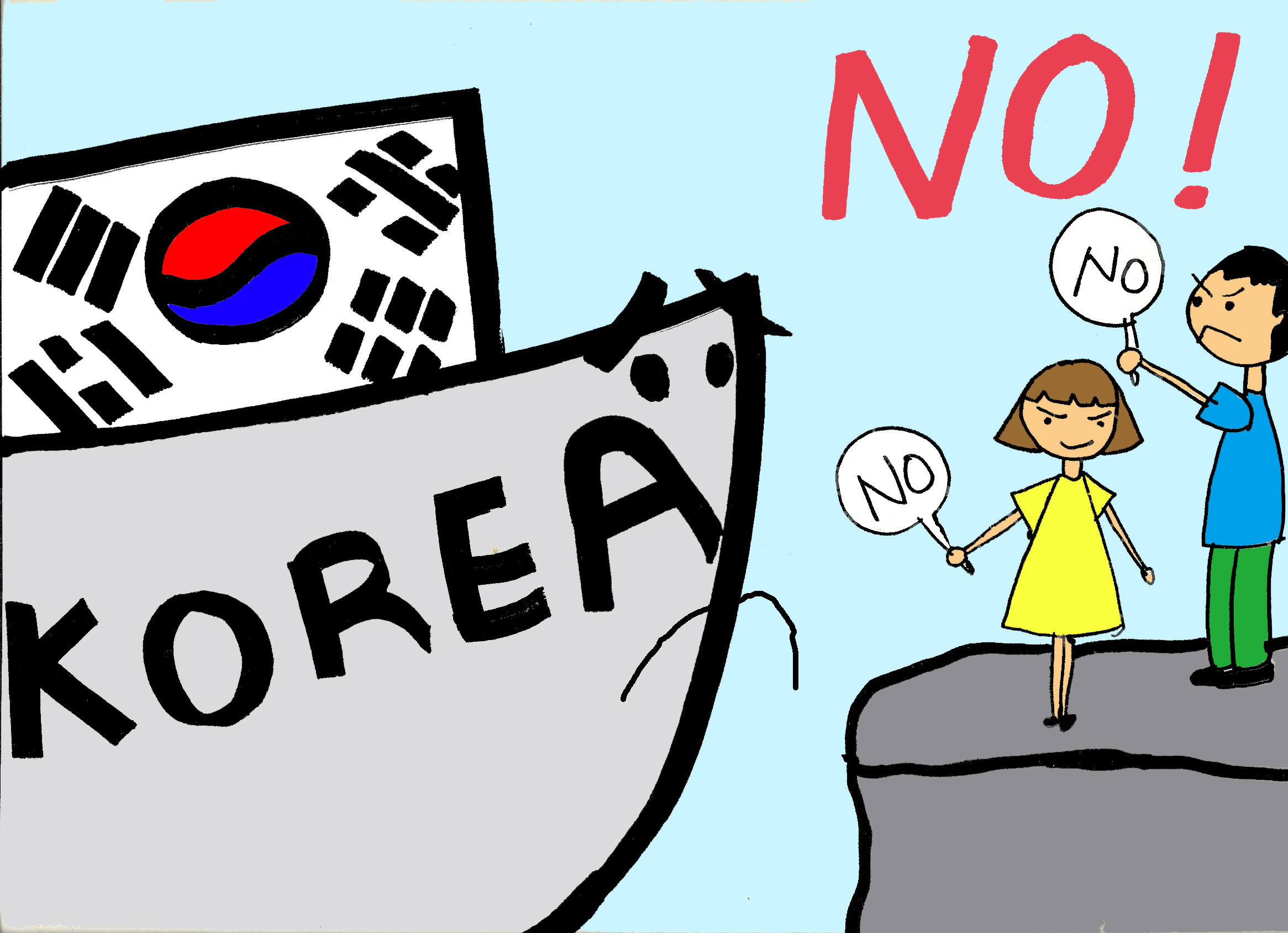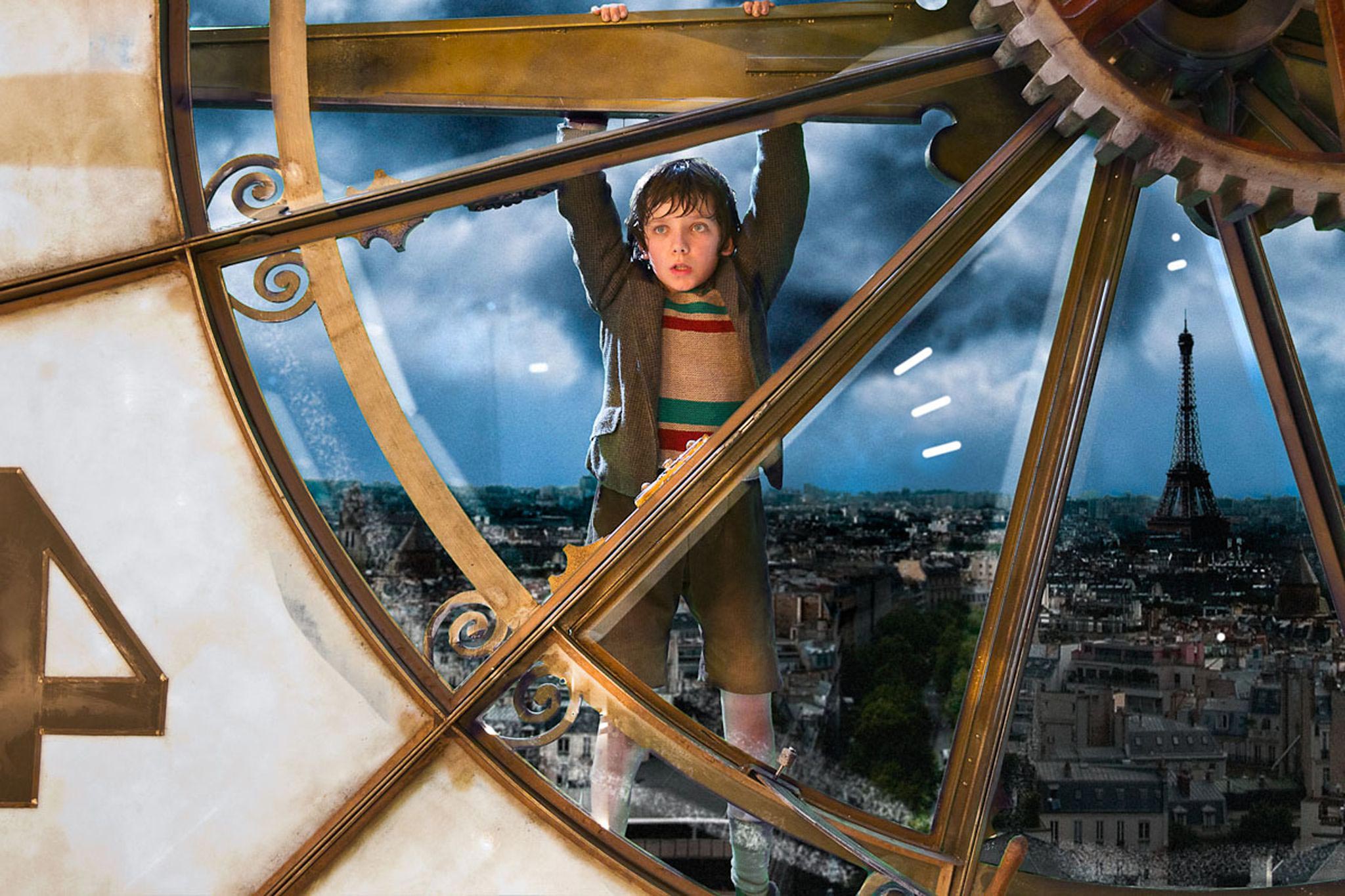Maia Szalavitz of Time Magazine reports
The psychedelic drug in magic mushrooms may have lasting medical and spiritual benefits, according to new research from Johns Hopkins School of Medicine.
The mushroom-derived hallucinogen, called psilocybin, is known to trigger transformative spiritual states, but at high doses it can also result in "bad trips" marked by terror and panic. The trick is to get the dose just right, which the Johns Hopkins researchers report having accomplished.
In their study, the Hopkins scientists were able to reliably induce transcendental experiences in volunteers, which offered long-lasting psychological growth and helped people find peace in their lives — without the negative effects.
"The important point here is that we found the sweet spot where we can optimize the positive persistent effects and avoid some of the fear and anxiety that can occur and can be quite disruptive," says lead author Roland Griffiths, professor of behavioral biology at Hopkins.
Giffiths' study involved 18 healthy adults, average age 46, who participated in five eight-hour drug sessions with either psilocybin — at varying doses — or placebo. Nearly all the volunteers were college graduates and 78% participated regularly in religious activities; all were interested in spiritual experience.
Fourteen months after participating in the study, 94% of those who received the drug said the experiment was one of the top five most meaningful experiences of their lives; 39% said it was the single most meaningful experience.
Critically, however, the participants themselves were not the only ones who saw the benefit from the insights they gained: their friends, family member and colleagues also reported that the psilocybin experience had made the participants calmer, happier and kinder.
Ultimately, Griffiths and his colleagues want to see if the same kind of psychedelic experience could help ease anxiety and fear over the long term in cancer patients or others facing death. And following up on tantalizing clues from early research on hallucinogenic drugs like LSD, mescaline and psilocybin in the 1960s (which are all now illegal), researchers are also studying whether transcendental experiences could help spur recovery from addiction and treat other psychological problems like depression and post-traumatic stress disorder.
For Griffiths' current experiment, participants were housed in a living room-like setting designed to be calm, comfortable and attractive. While under the influence, they listened to classical music on headphones, wore eyeshades and were instructed to "direct their attention inward."
Each participant was accompanied by two other research-team members: a "monitor" and an "assistant monitor," who both had previous experience with people on psychedelic drugs and were empathetic and supportive. Before the drug sessions, the volunteers became acquainted enough with their team so that they felt familiar and safe. Although the experiments took place in the Hopkins hospital complex in order to ensure prompt medical attention in the event that it was needed, it never was.
As described by early advocates of the use of psychedelics — from ancient shamans to Timothy Leary and the Grateful Dead — the psilocybin experience typically involves a sense of oneness with the universe and with others, a feeling of transcending time, space and other limitations, coupled with a sense of holiness and sacredness. Overwhelmingly, these experiences are difficult to put into words, but many of Griffiths' participants said they were left with the sense that they understood themselves and others better and therefore had greater compassion and patience.
The psychedelic drug in magic mushrooms may have lasting medical and spiritual benefits, according to new research from Johns Hopkins School of Medicine.
The mushroom-derived hallucinogen, called psilocybin, is known to trigger transformative spiritual states, but at high doses it can also result in "bad trips" marked by terror and panic. The trick is to get the dose just right, which the Johns Hopkins researchers report having accomplished.
In their study, the Hopkins scientists were able to reliably induce transcendental experiences in volunteers, which offered long-lasting psychological growth and helped people find peace in their lives — without the negative effects.
"The important point here is that we found the sweet spot where we can optimize the positive persistent effects and avoid some of the fear and anxiety that can occur and can be quite disruptive," says lead author Roland Griffiths, professor of behavioral biology at Hopkins.
Giffiths' study involved 18 healthy adults, average age 46, who participated in five eight-hour drug sessions with either psilocybin — at varying doses — or placebo. Nearly all the volunteers were college graduates and 78% participated regularly in religious activities; all were interested in spiritual experience.
Fourteen months after participating in the study, 94% of those who received the drug said the experiment was one of the top five most meaningful experiences of their lives; 39% said it was the single most meaningful experience.
Critically, however, the participants themselves were not the only ones who saw the benefit from the insights they gained: their friends, family member and colleagues also reported that the psilocybin experience had made the participants calmer, happier and kinder.
Ultimately, Griffiths and his colleagues want to see if the same kind of psychedelic experience could help ease anxiety and fear over the long term in cancer patients or others facing death. And following up on tantalizing clues from early research on hallucinogenic drugs like LSD, mescaline and psilocybin in the 1960s (which are all now illegal), researchers are also studying whether transcendental experiences could help spur recovery from addiction and treat other psychological problems like depression and post-traumatic stress disorder.
For Griffiths' current experiment, participants were housed in a living room-like setting designed to be calm, comfortable and attractive. While under the influence, they listened to classical music on headphones, wore eyeshades and were instructed to "direct their attention inward."
Each participant was accompanied by two other research-team members: a "monitor" and an "assistant monitor," who both had previous experience with people on psychedelic drugs and were empathetic and supportive. Before the drug sessions, the volunteers became acquainted enough with their team so that they felt familiar and safe. Although the experiments took place in the Hopkins hospital complex in order to ensure prompt medical attention in the event that it was needed, it never was.
As described by early advocates of the use of psychedelics — from ancient shamans to Timothy Leary and the Grateful Dead — the psilocybin experience typically involves a sense of oneness with the universe and with others, a feeling of transcending time, space and other limitations, coupled with a sense of holiness and sacredness. Overwhelmingly, these experiences are difficult to put into words, but many of Griffiths' participants said they were left with the sense that they understood themselves and others better and therefore had greater compassion and patience.
Reference:http://healthland.time.com/2011/06/16/magic-mushrooms-can-improve-psychological-health-long-term/








